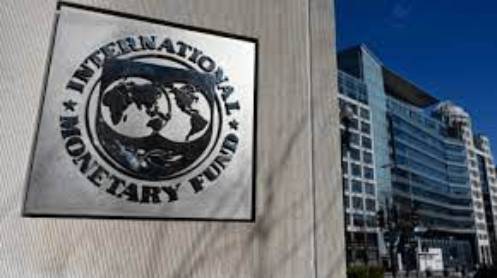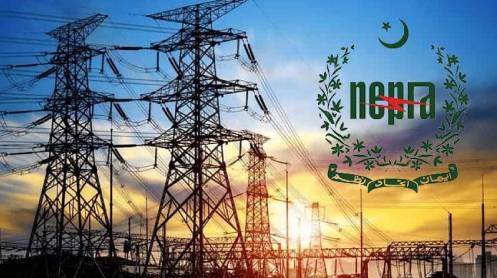ISLAMABAD: The Pakistani government has proposed a bold plan to the International Monetary Fund (IMF) to reduce electricity tariffs by Rs6 per unit, amounting to a total funding requirement of Rs2.8 trillion. The plan, presented over the weekend, aims to address the soaring electricity costs but relies on uncertain and risky funding sources, casting doubt on whether it will receive the IMF’s endorsement.
Under the proposal, the federal government expects the four provinces to contribute Rs1.4 trillion, with the remaining Rs1.4 trillion to be sourced through additional commercial loans, cuts to the Public Sector Development Programme (PSDP), and reallocation of government-owned companies’ dividends. However, Khyber-Pakhtunkhwa (K-P), led by the Pakistan Tehreek-e-Insaf (PTI), has already rejected the plan, citing its own energy projects and dissatisfaction with federal policies.
The proposal suggests reducing electricity prices by altering terms with local power producers, shutting down inefficient plants, and retiring Rs2.7 trillion in debt. Yet, despite these measures, the IMF has requested more detailed information, and there is skepticism within the finance ministry regarding the plan’s feasibility.
The government’s plan also includes a controversial expectation that provinces like Punjab and Sindh will contribute significant amounts, but with provincial budgets already strained, the likelihood of cooperation remains uncertain. Additionally, the proposal involves a substantial reduction in the PSDP, further borrowing, and potentially destabilizing the financial health of government entities.
The IMF has yet to grant approval for the proposed measures, with ongoing discussions leaving little hope for an immediate agreement. As Pakistan seeks a $7 billion bailout package, delays in securing external financing and IMF board approval continue to pose significant challenges.
Story by Shahbaz Rana





